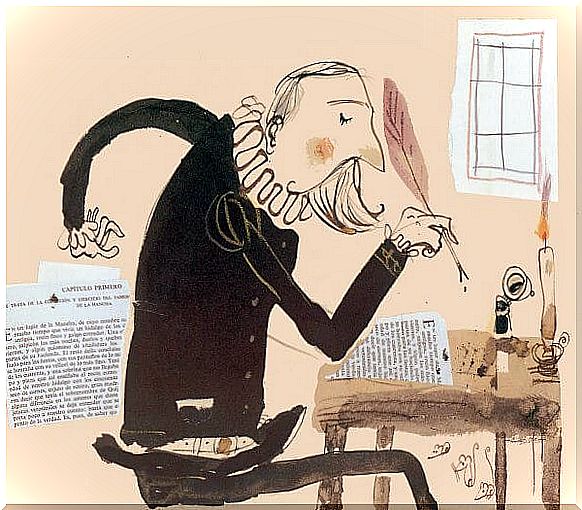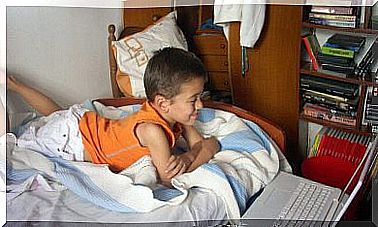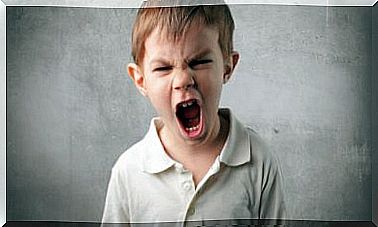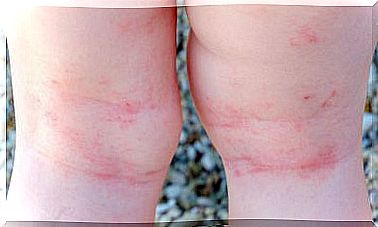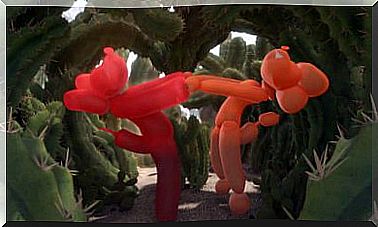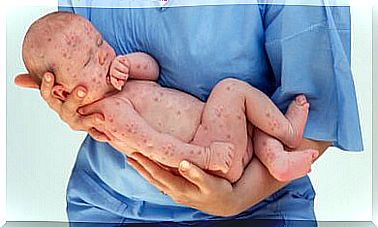Psychological Abuse In Adolescents
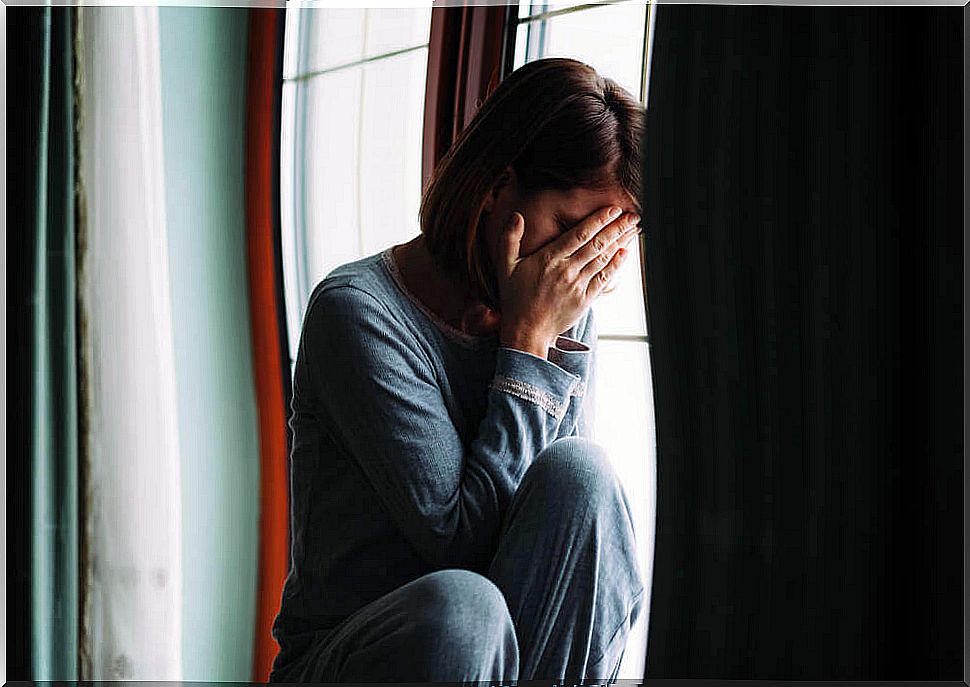
Psychological abuse in adolescents is a painful reality experienced by millions of young people around the world. Many times it goes unnoticed, as people always tend to focus on the visible aspects of abuse; that is to say, in the physical wounds of violence. For this reason, the fact that psychological abuse leaves a deeper and more permanent mark on people is often ignored.
The extreme consequences of psychological abuse in adolescence can lead to youth violence, drug use, and other self-destructive behaviors. With so many negative consequences, we need to pay attention to this terrible emotional damage that our children can be exposed to.
Psychological abuse in adolescents
Psychological abuse consists, in a nutshell, of harming another individual through the use of negative speech : disqualifications and insults, regardless of the tone of voice (yelling is not always needed to make a person feel bad). Therefore, it generates feelings of inferiority, shame, anguish, abandonment, restlessness, restlessness, rejection, and so on. It is understood by psychological abuse:
- Teasing.
- Sarcasm.
- Coercion.
- Discredit.
- Affective extortion.
- Guilt.
- Destructive criticism.
- Verbal violence
- Disqualifications.
- Emotional abandonment.
- Social and emotional isolation.
- Excess of control and overprotection.
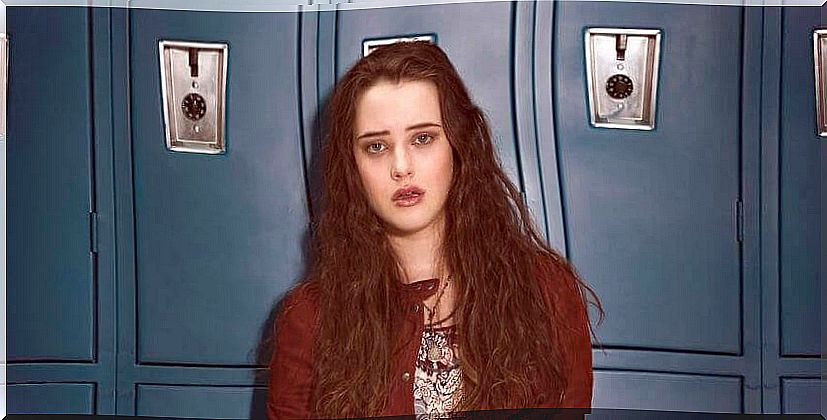
Certainly, most people, as adults, may have suffered one or more of these forms of emotional abuse. In fact, it is at school age that this type of abuse can multiply. Although one is not exempt from suffering emotional abuse at home, either consciously or unconsciously.
Considerations about abusive people
Psychological abuse is part of a cycle of learning behaviors. Many people who are abusive come from homes or social environments in which they were victims of abuse, and they recreate the situations they experienced considering that the abusive comments they received and themselves give are within a range of normality.
It is relevant to make this comment, because for the effective prevention of psychological abuse to be fulfilled, it is imperative to start from a self-examination on the way in which we interact with our children, and in turn, the way in which they express themselves towards us. This would give us clues to know the degree of social hostility present in your school.
Indicators to know if an adolescent suffers psychological abuse
There are clear indicators to know if an adolescent suffers psychological abuse or its consequences. Excessive shyness, not looking at people in the face or always looking down, stuttering when speaking, difficulty concentrating and relating to others, general pessimism, aggressiveness, fear of attending school or public places, trouble sleeping, apathy and desire of being alone most of the time. Other more alarming indicators can include anorexia, suicide attempts or flogging, cutting the skin and committing acts of violence.
Bullying
The bullying is a social problem that is no longer unnoticed, though still much to do to fix it respect. This issue is so controversial that large television networks are allocating their spaces to present series that deal first-hand with the most extreme consequences of bullying, such as suicide, or violent attacks with weapons, which are definitely creating a serious problem in societies like North America.
And it is that the psychological consequences of teasing, rejections and exclusions are every day so frequent and raised in tone, that it is estimated that they create definitive damage to the mental health of individuals, the most common consequences being problems of self-esteem, anxiety and depression.
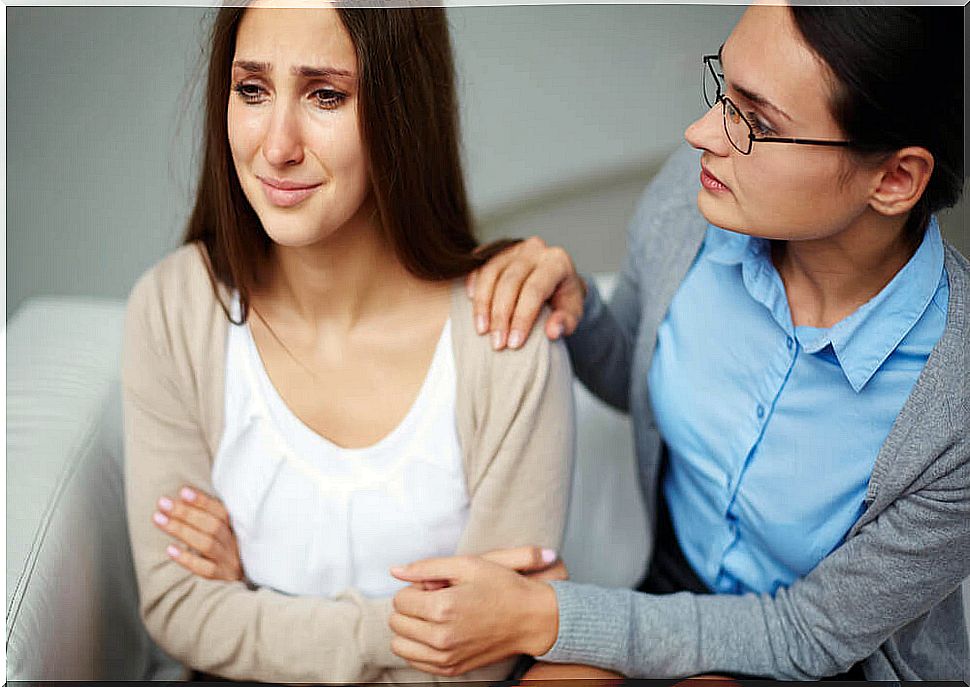
How to deal with psychological abuse in adolescents
The problem of psychological abuse in adolescents represents a great challenge to overcome, because many times those who violate it and those who receive it, are not at the moment aware of the consequences of what they are doing or experiencing. This assertion follows that a third of children and adolescents who have been victims of psychological abuse will eventually repeat the same type of abusive behavior with their own children.
That is why the frequent evaluation of our actions, and the regular visit to a psychologist who reviews our behavior and that of our children, will always be very useful to consolidate in them the strength to overcome the aggressions of others.
